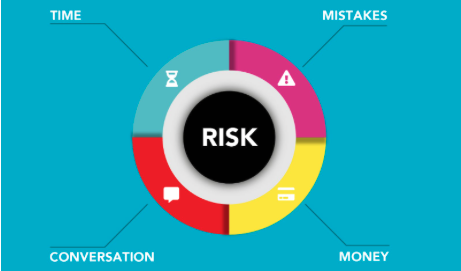Top 10 benefits of data science in decision making.
Data science is a fast-expanding profession that is transforming how businesses and organisations make decisions. Data scientists can unearth useful insights that can improve decision-making and drive business by evaluating massive amounts of data and employing advanced statistical techniques. This article will delve into the top ten benefits of using data science in decision-making. A sample example of each case is provided, let’s take a look.
Improved forecasting: Thanks to data science, organisations can generate more accurate forecasts about future trends and patterns. This can assist companies in anticipating market shifts and planning accordingly. For example, Data science is used in a retail company like Walmart to examine sales data and forecast future demand for their items. This enables them to better plan their inventory and supply chain, minimising waste and enhancing profitability.
2. Enhanced customer understanding: Data science can be used to study customer behaviour and preferences, giving businesses a better understanding of their target audience and allowing them to adjust their products and services accordingly.
For example, a marketing team uses data science to evaluate customer data and uncover patterns in purchase behaviour. As a result, they can segment their target group and create more successful marketing campaigns.
3. Increased efficiency: Data science can be used to automate decision-making and streamline operations, resulting in enhanced efficiency and cost savings.
For example, data science is used by a manufacturing organisation to enhance its production process, minimise downtime, and improve output. This results in cost savings and improved competitiveness.
4. Better risk management: Data scientists can detect possible dangers and propose mitigation methods by examining vast amounts of data.
For instance, a financial institution employs data science to evaluate historical market trends, identify prospective dangers and implement risk-mitigation methods. This assists the institution in minimising losses and safeguarding its assets.
5. Improved decision-making: Data science can help firms make better decisions by giving a deeper understanding of their operations and the elements that influence performance. For instance, A healthcare organisation analyses patient data using data science to uncover patterns in treatment outcomes. As a result, they can create more effective treatment procedures and enhance patient outcomes.
6. Improved resource allocation: Data science can be used to optimise resource allocation, allowing organisations to get the most out of their investments.
For example, a non-profit organisation uses data science to study donation patterns to determine which fundraising techniques are most productive. This enables businesses to better manage resources and maximise the impact of their programmes.
7. Increased competitiveness: Businesses can obtain a competitive advantage in their industry by embracing data science to gain insights and make data-driven decisions.
For instance, A technology corporation employs data science to study data about competitors to identify areas where their goods and services can be improved. This provides them with a competitive advantage in the market.
8. Improved customer engagement: Data science can be used to tailor customer interactions and increase engagement, resulting in improved customer happiness and retention.
For example, data science is used by an e-commerce company to personalise the shopping experience for each consumer, offering recommendations based on their browsing and purchasing history. As a result, client happiness and retention improve.
9. Better fraud detection: Data science can be used to detect fraudulent activities, allowing firms to take preventative measures.
For example, a bank analyses transaction data using data science to find trends that indicate fraudulent behaviour. This enables them to detect and prevent fraudulent transactions.
10. Better decision-making in Emergency response: Data science can be used to examine vast volumes of data and uncover trends to influence emergency response decisions and improve outcomes. For instance, a city analyses data on traffic patterns, weather conditions, and emergency calls using data science. This enables them to optimise the deployment of emergency services, resulting in faster reaction times and the saving of lives.
Conclusion
Using data science skills to make decisions in your business is no longer a choice but a must if you want to remain competitive.
Share the content with others. Thank you.









